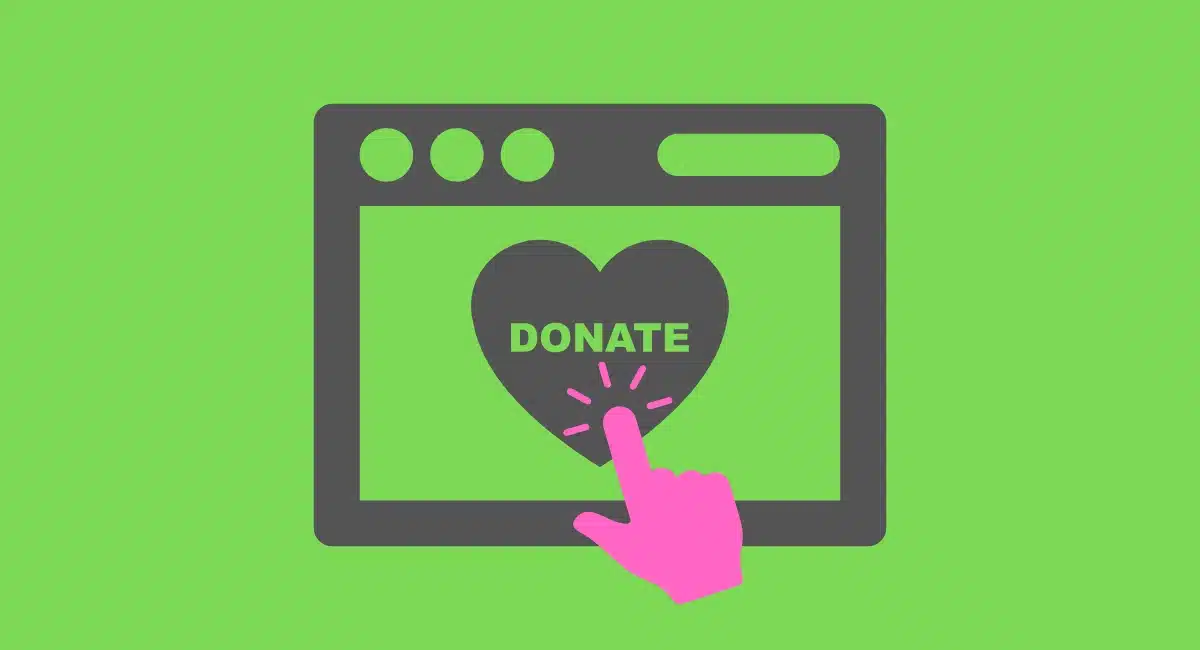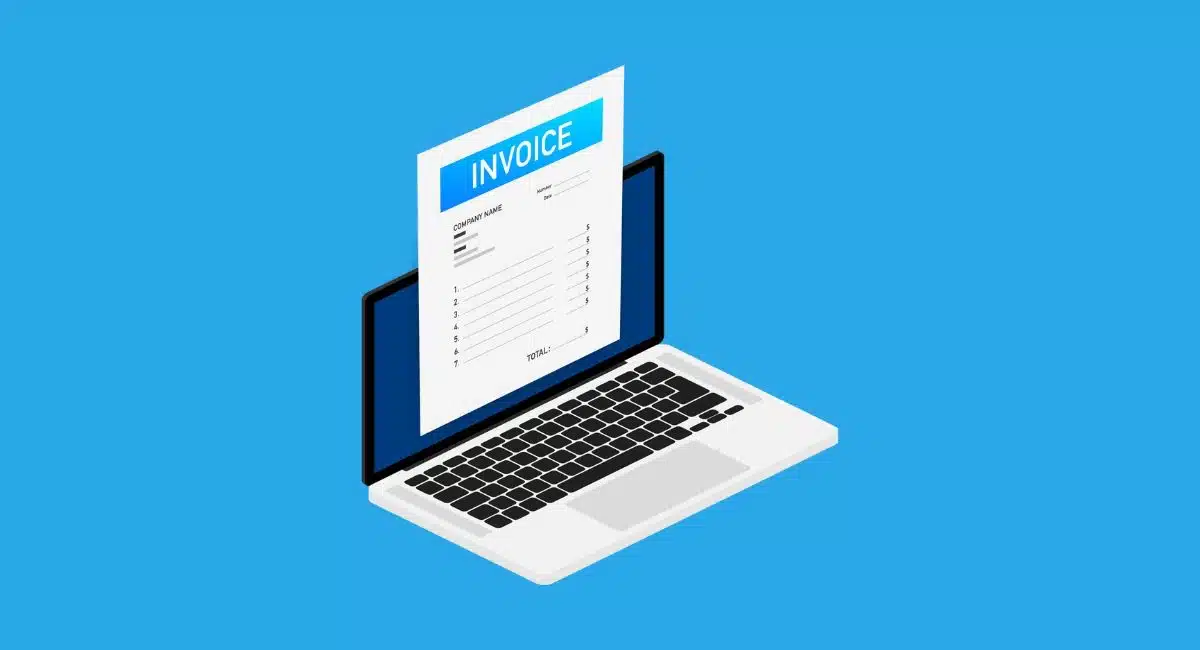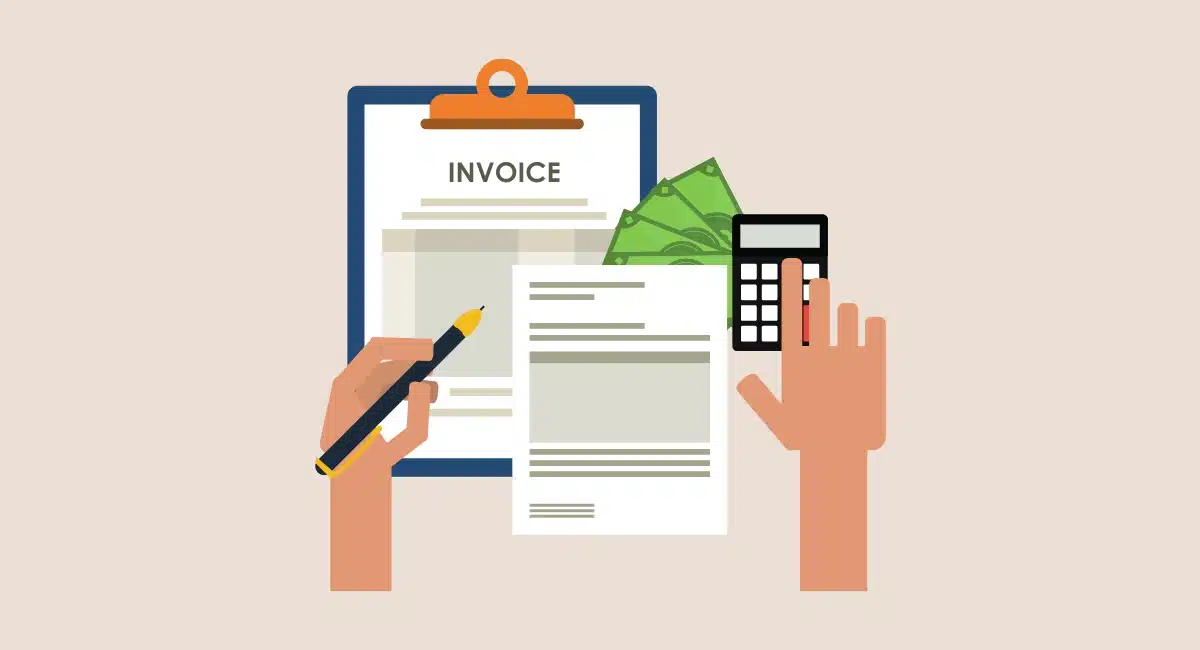Although many payment processors don’t accept not-for-profit organisations, there are quite a few that do. Not only that – online payments for charities each have their uses in real life. So which online payment system is best for donations?
You can accept cards and other payments online in many different ways. First, there are some things to bear in mind:
Non-profits and donations are not accepted by all payment processors. Every provider has a list of restricted businesses. The options we list in this article accept charities, not-profit organisations and/or donation transactions.
A fixed fee per transaction isn’t great for small donations. If you consistently receive small donations like £2, a fixed fee of 20p means you’re paying 10% to the payment processor, plus (usually) a percentage rate. Avoid fixed fees unless donations are larger.
Is it easy for donors to complete the transaction? Consider where you ‘capture’ people willing to pay. The route from there to an online checkout should be short and easy to follow on a mobile screen (where most users leisurely donate).
Raising funds in person?
Compare card machines for charitable donations
Let’s look at the online payments available to non-profits.
Donation buttons
A donation button is a graphical button on your website, fundraising page or social media that goes to a payment page where people can submit a donation.
Either people can enter their donation (open amounts), select from suggested amounts or donate a fixed amount. This depends on how you set it up and which of these features are available with your chosen provider.
Buttons can be embedded via code on a website, pre-fixed on a fundraising page or added to a social media profile.
Platforms offering donation buttons:
- PayaCharity – Simple code to implement on your website. Accepts Gift Aid.
- PayPal Business – Accepts Gift Aid. Fixed fee applies (from 1.4% + 30p).
- Square – Many online payment tools. Fixed fee applies (from 1.4% + 25p).
- Stripe – Requires technical skills to set up. Discounted fees for non-profits.
Payment links
You can send payment links going to a transaction page via email, chat or SMS. This is useful when people contact you through a website, Facebook, Instagram or elsewhere online. You can then send them a donation link via e.g. text that the donor can open on their phone.
If you have a mailing list or other contact directory, some solutions allow you to bulk-send donation links in one go. Individual fundraisers might just manually send a link from a dedicated app.
Platforms offering non-profit payment links:
- LibertyPay – Uses PayaCharity’s system. Tailored solution and rates.
- PayaCharity – Text or email links individually or in bulk.
- PayPal.Me – Goes to a personalised URL for custom or preset amounts.
- Square – Send links from app. Fixed fee applies (from 1.4% + 25p).
Text-to-donate
Another way of receiving SMS donations is ‘text-to-donate’. This is where donations are deducted from the payer’s monthly phone bill or pay-as-you-go credits, instead of the donor entering their card details or paying with a mobile wallet on an online checkout page.
It works like this: the donor receives a text message with an instruction to reply with a word (like “YES”) to donate an amount. People can also ignore or turn down the request, in which case nothing is donated.
Text-to-donate solutions:
- Donr – 5% fee per donation + other fees apply. Various fundraising tools.
- InstaGiv – Used by many UK charities, but a quote must be requested for fees.
Fundraising pages
A fundraising page is a personalised web page explaining your cause or purpose of raising funds, with a link to donate online. This is a common way to raise funds, as it’s easy to link to on social media, in messages, newsletters and from a website.
A fundraising page could technically be on your website, but we are here talking about an independently-hosted (not on your website) page created through a specialist platform like the below. They all include an account where you can monitor donations and manage the page.
Platforms offering fundraising pages:
- GiveStar – Easy interface tested on the “least tech-savvy”. Quote required.
- JustGiving – Popular platform. Free and paid plans, from 1.9% + 20p per donation.
- LibertyPay – Based on PayaCharity’s system. Tailored solution and rates.
- PayaCharity – Branded donation pages. Other digital donation tools included.
QR codes
With a smartphone camera, you can scan QR codes to go to its link destination online. Mobile consumers are now so used to it that QR codes are a great way to raise donations online.
You can either display a QR code on a web page instead of a link, or (more popularly) print it on a poster, sticker or other merchandise for potential donors who come across it in person.
Platforms offering QR code donations:
- Give A Little – 1.69% fixed rate and sliding-scale monthly fee from £0.
- GiveStar – Very user-friendly interface. Requires quote.
- LibertyPay – Uses PayaCharity’s system. Tailored solution and rates.
- PayaCharity – Tailored solutions with many different donation channels.
- SumUp – At the time of writing, transactions via QR codes are free.
Account-to-account payments
Instead of processing donations with a credit or debit card, account-to-account transactions can be more cost-effective. This is essentially bank transfers that are easily submitted by the donor via a payment page.
Common features of direct bank payments (another term for it) are Direct Debit donations, instant transfers to your bank account and lower fees for international payments.
Account-to-account payment providers:
- Banked – QR codes and buttons for checkout. No transaction fees for charities.
- GoCardless – Popular solution. Charities get 25% discount on transaction fees.
Online checkout on website
This option is mainly for selling products and services through an online store, not taking donations. For example, you might sell tote bags, books or experiences where a high percentage of profits goes to your charitable cause.
Online payment processors accepting not-for-profit organisations:
- Opayo – Elavon’s solution for online payments, with tailored rates.
- Stripe – Qualifying non-profits get discounted rates.
- Worldpay – Popular payment gateway in the UK, with tailored rates.
Solutions not accepting non-profits for online payments
Some payment and banking providers might seem ideal for your purpose, but don’t actually accept non-profits for online transactions. This includes:
- Adyen
- Monzo
- Payoneer
- Revolut
- Starling Bank
- Zettle





